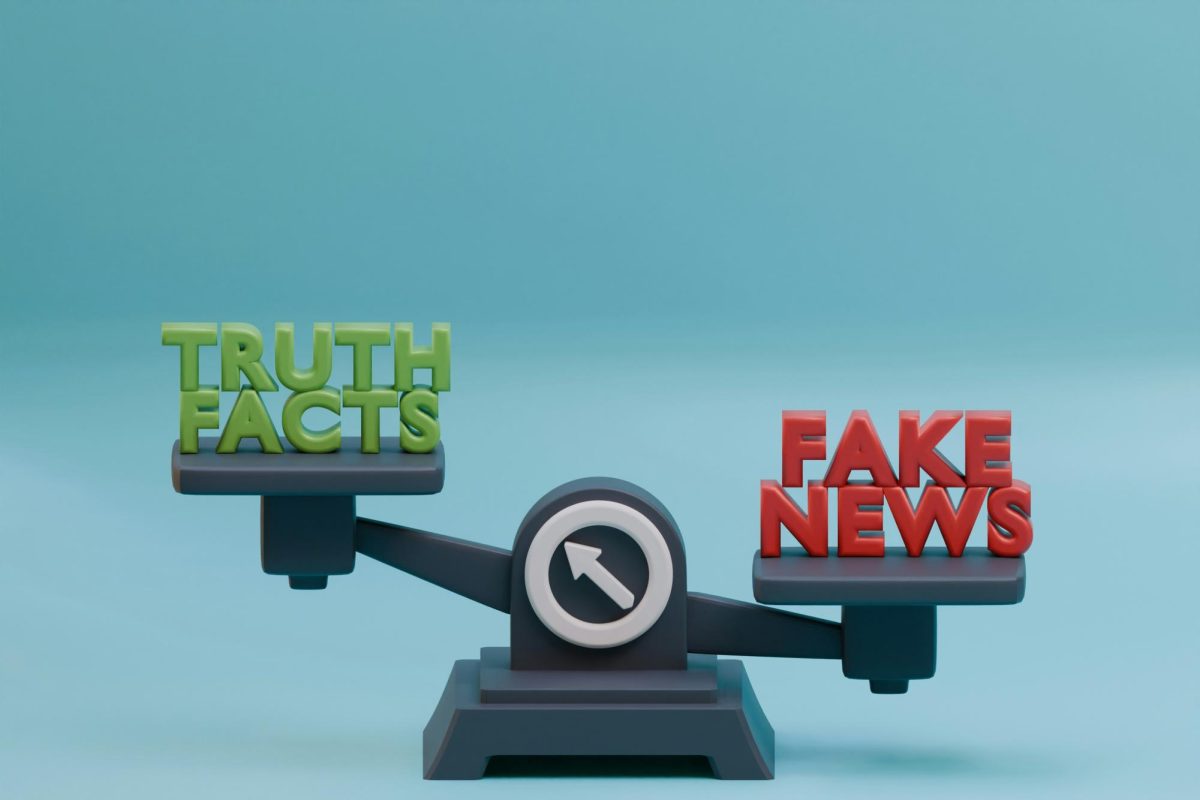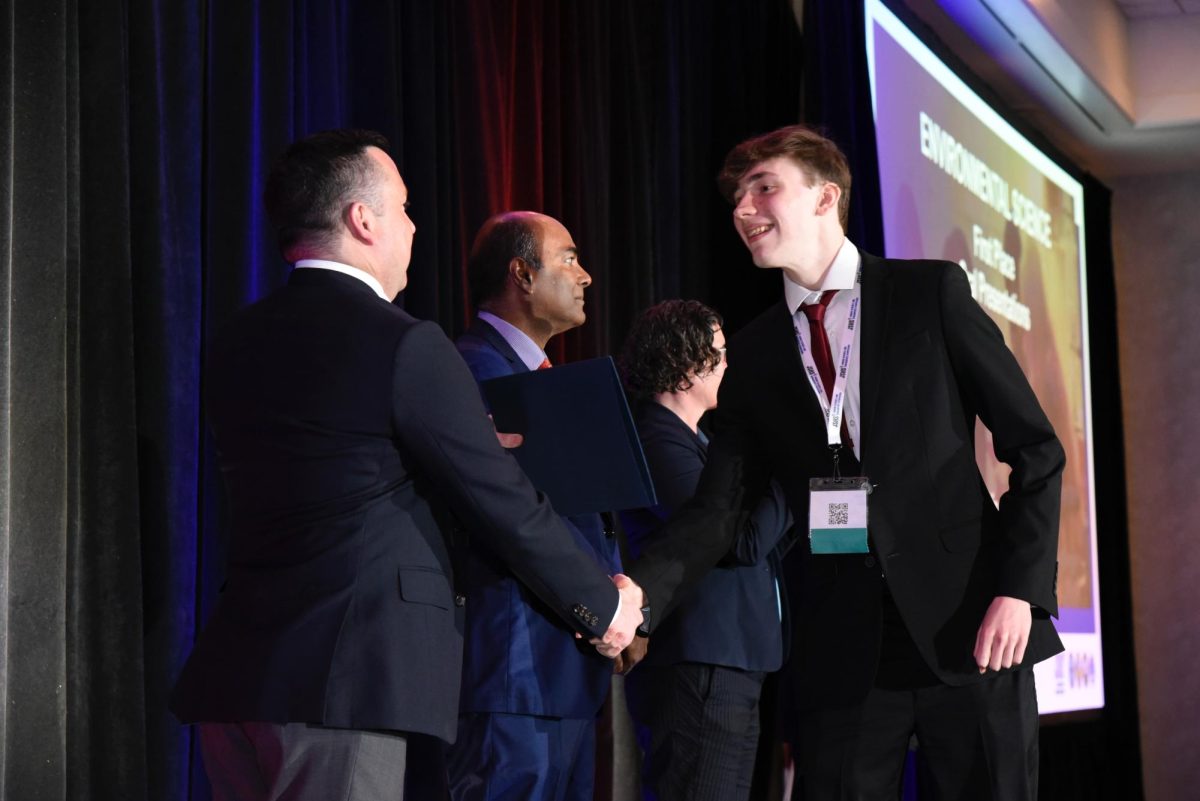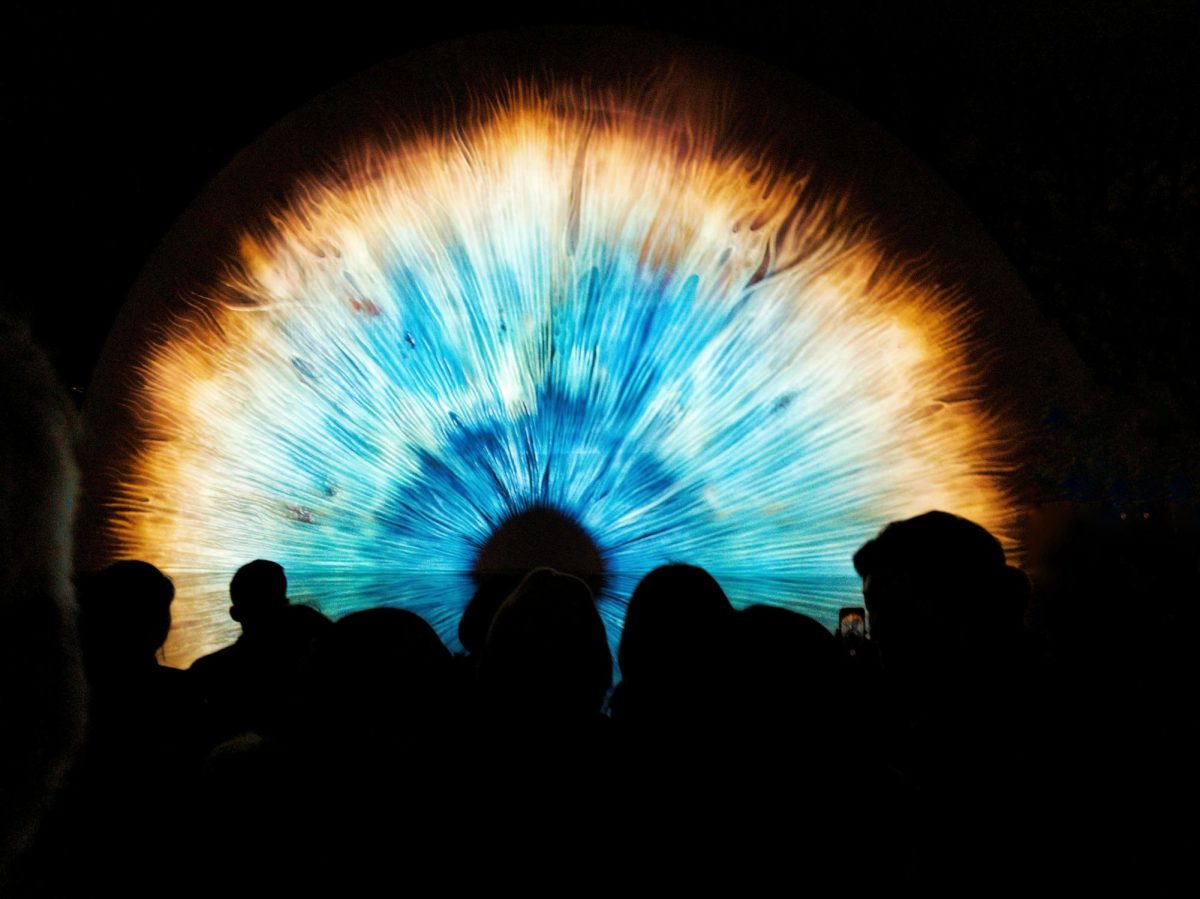Climate change is one of the most enduring issues facing our planet. However, its validity is still a controversial topic. Despite its tangible effects on our planet, climate change deniers exist in large numbers, begging the question: What is going on inside their heads? According to a recent study that sought to answer this question, repeated exposure to climate change denialism increases its perceived truth, even among those who trust climate science.
A study conducted by researchers at the University of Michigan showed that about 15% of the United States population does not believe in climate change. Most deniers were found in Southern and Midwestern regions of the United States, and most non-deniers were concentrated along the East and West coasts. The percentage of deniers tends to vary among states, and even between counties. Texas, for example, has a total denial rate of 21%, but the percentage of deniers within its counties ranges from 13-67%. The researchers also found that the influence of political figures, such as former President Trump, is one of the main contributors to climate change denialism. Trump has referred to climate change as an “expensive hoax” created “by and for the Chinese,” minimizing its effects and questioning its reality.
The “illusory truth” effect could also play a major role in the proliferation of climate change denialism. This effect describes how those who are repeatedly exposed to false information will eventually conclude that the presented information must be true. Researchers found that the “illusory truth” effect has an impact on climate change believers and deniers alike. Participants in the study were presented with a series of statements regarding climate change. They were then asked to determine which statements were true and which ones were false. The study concluded that repeated statements were more likely to be evaluated as true, even if the information presented was patently false. These results offer some insight into why climate change deniers hold fast to their beliefs: if a false statement is repeated multiple times, it is more likely to be believed.
The true reasons behind climate change denialism are nuanced. So-called skeptics of climate change are more susceptible to disinformation espoused online and by influential political figures. Confirmation bias, paired with the “illusory truth” effect, can have dangerous consequences on public opinion. Personal beliefs begin to take precedence over scientific truths, sowing greater division in the discussion over climate change.









